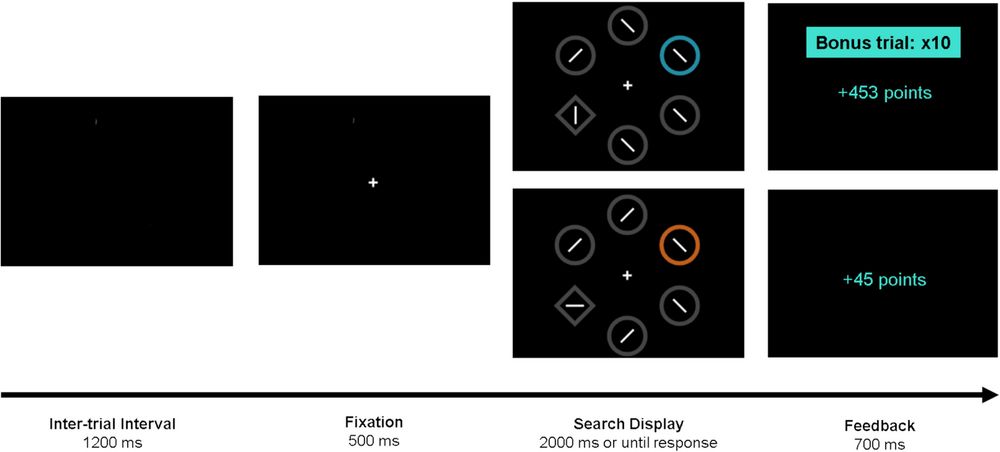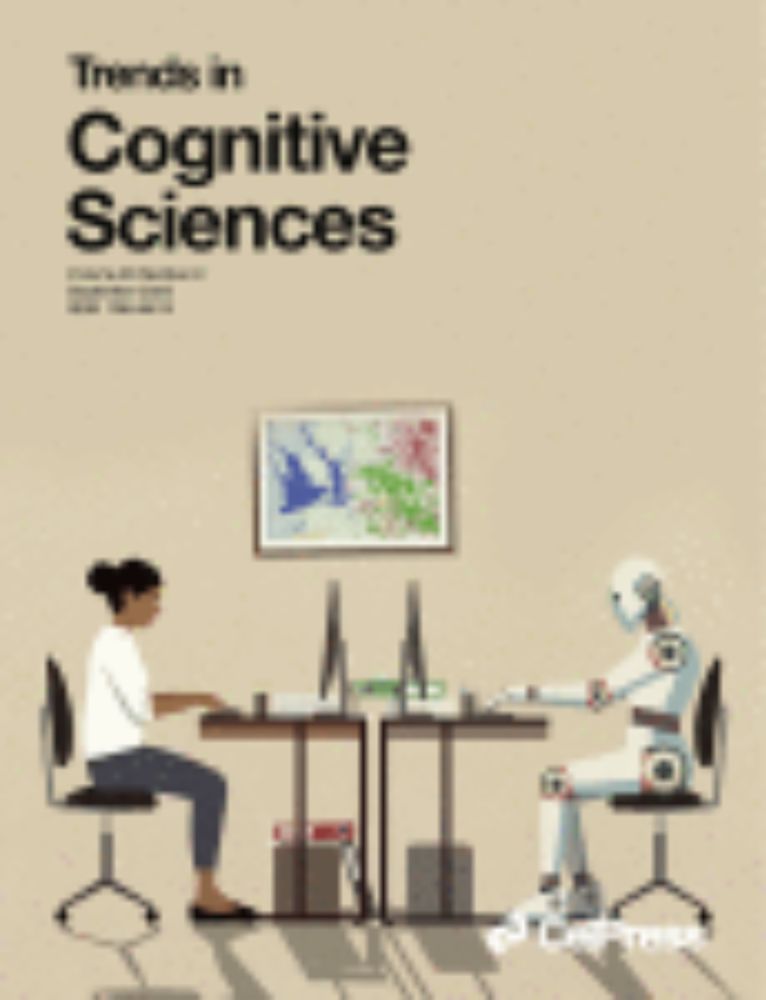Francisco Garre-Frutos
@frangfr.bsky.social
200 followers
240 following
150 posts
PhD student at @cimcyc.bsky.social | @universidadgranada.bsky.social. Experimental psychology, #rstats and bayesian statistics, but not too much. https://franfrutos.github.io/
Posts
Media
Videos
Starter Packs
Reposted by Francisco Garre-Frutos
Reposted by Francisco Garre-Frutos
Reposted by Francisco Garre-Frutos
Reposted by Francisco Garre-Frutos
Reposted by Francisco Garre-Frutos
Reposted by Francisco Garre-Frutos
Reposted by Francisco Garre-Frutos
Reposted by Francisco Garre-Frutos
Reposted by Francisco Garre-Frutos
Reposted by Francisco Garre-Frutos
Reposted by Francisco Garre-Frutos
Reposted by Francisco Garre-Frutos
Reposted by Francisco Garre-Frutos
Reposted by Francisco Garre-Frutos
Reposted by Francisco Garre-Frutos
Reposted by Francisco Garre-Frutos
Reposted by Francisco Garre-Frutos
























